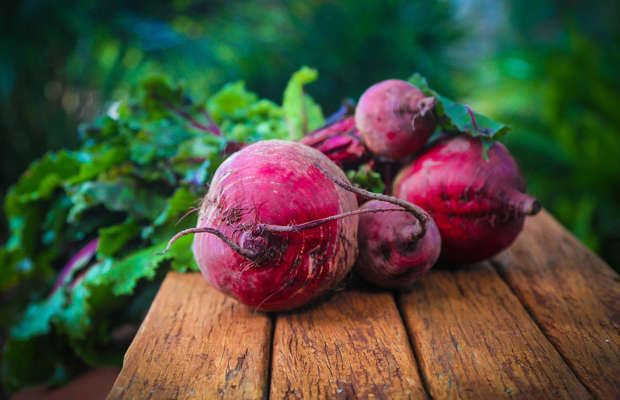© Photo Courtesy of PixabayAlzheimer's is the most common form of dementia, and we may be a step closer to figuring out a treatment.
Alzheimer’s disease is a debilitating neurological condition in which car keys can become perpetually lost and the dearest loved ones can turn into strangers. The American Academy of Neurology estimates the number of Americans affected by Alzheimer’s disease will triple over the next 40 years, adding up to 13.8 million people in demand of an effective treatment that keeps them safe and helps maintain quality of life.In search of an elusive cure, researchers have identified a number of powerful foods that could help prevent Alzheimer’s disease. Grocery shopping is an opportunity to lower your risk for disease with platefuls of nutritious, whole foods packed with antioxidants and the nutrients needed to stave off cognitive decline.In addition to stocking your fridge with certain brain-boosting foods, the Alzheimer’s Association recommends limiting high saturated fats, cholesterol, refined sugars, and salt. Saturated fats and trans fats are currently the biggest known threats to brain health. Studies have shown the risk of developing Alzheimer’s disease to increase three times among individuals with the most saturated fat in their diets, and those who consumed trans fats increased their risk by five times. While there are food options that can damage the brain, there are aisles full of options to strengthen your brain for the fight against Alzheimer’s.
© Medical Daily
Blueberries, blackberries, strawberries, and raspberries contain high concentrations of antioxidants, which have been proven to boost brain power and fight off harmful free radicals. Because the human body doesn't produce antioxidants on its own, it's imperative that we get them from food sources or supplements.
© Photo courtesy of Pixabay, public domain
Salmon contains some of the highest levels of omega-3 fatty acids, which is a fancy term for brain food. Your body doesn't produce omega-3 fatty acids on its own, so adding them into your diet will help boost the brain's power. According to the University of Maryland Medical Center, omega-3 fatty acids reduce inflammation, lower the risk of heart disease, improve brain memory and performance, and fight mood swings and depression.The American Heart Association recommends at least two (3.5 ounce) servings of salmon, or other excellent fish sources of omega-3s, such as halibut, tuna, mackerel, and sardines, each week.
© Photo courtesy of Pixabay, public domain
In 2015, a team of researchers from Rush University Medical center designed a diet plan to reduce the risk of developing Alzheimer's disease by as much as 53 percent. Their MIND Diet includes a plethora of heart-healthy Mediterranean diet-inspired foods that also lower the risk of Alzheimer's disease in aging patients.Extra Virgin Olive Oil is at the heart of the diet thanks to the polyphenols floating within its viscous liquid. Studies have shown that these potent antioxidants improve learning and memory in mice, and potentially reverse damage in the brain.
© Photo courtesy of Pixabay, public domain
Leafy green consumption has been strongly associated with lower levels of cognitive decline, and kale and spinach are some of the most potent age-fighting vegetables on the market. They're packed with folate and B6 — two vitamins key to protecting the brain. A study published in 2013 demonstrated how B vitamin supplementation was able to slow down the shrinking of the brain region associated with Alzheimer's disease.Kale also contains 45 different flavonoids, which have vitamin K and other anti-inflammatory and antioxidant properties. Adding B12 into the mix is a triple threat alongside folate and B6. However, it's difficult for humans to absorb B12 through foods, which is why nutrition supplements can help you achieve optimum levels when added to a diet rich in leafy greens.
© Photo courtesy of Pixabay, public domain
A recent study published in 2016 found the beneficial effects maple syrup may have on protecting brain cells from damage. Sap from a maple tree has more than 100 healthy, anti-inflammatory properties that can stop brain cells from tangling and clumping up together — a phenomenon that increases the risk of Alzheimer's disease. Starting your day off with a stack of pancakes and drizzle of maple syrup may be the key to keeping your brain functioning properly.
© Photo courtesy of Pixabay, public domain
These powerful purple root vegetables contain nitrates, which increase blood flow to the brain. A steady cycle of oxygenated blood improves how the brain operates. There are regions of the brain that become dilapidated with age, and experts believe these are the parts associated with dementia and poor cognition. Nitrates widen blood vessels and feed the brain in the frontal lobe, the area where dementia is most commonly traced to in magnetic resonance imaging (MRI) scans. Beet juice is one way to add the powerful root vegetable into your diet.









0 Comments